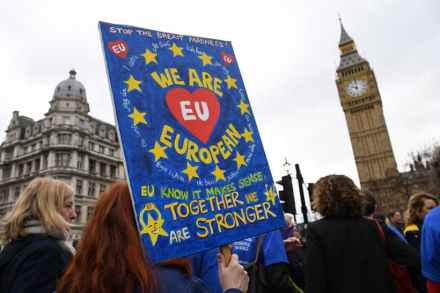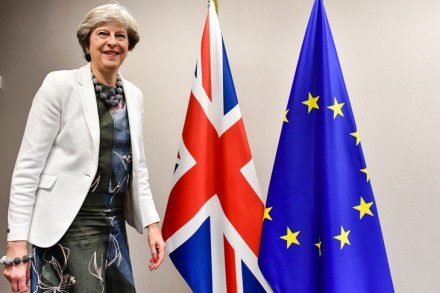Now we know just how much Theresa May is willing to give away to secure Brexit
The thing to appreciate about the Conservative and Unionist Party is that the only principle it understands less than Conservatism is Unionism. The Tories have convinced themselves that these concepts mean their perfect opposite, so that Conservatism is a counsel of market dogmatism and social reaction; and Unionism is the English national interest with brief interludes from Glasgow and Belfast, like a constitutional Last Night of the Proms. The Tories’ Unionism has always been more honoured in the breach than the observance. If their handling of the Scottish referendum result was not confirmation enough, their pursuit of a hard Brexit has put it beyond all doubt. Tory Brexiteers were warned




















